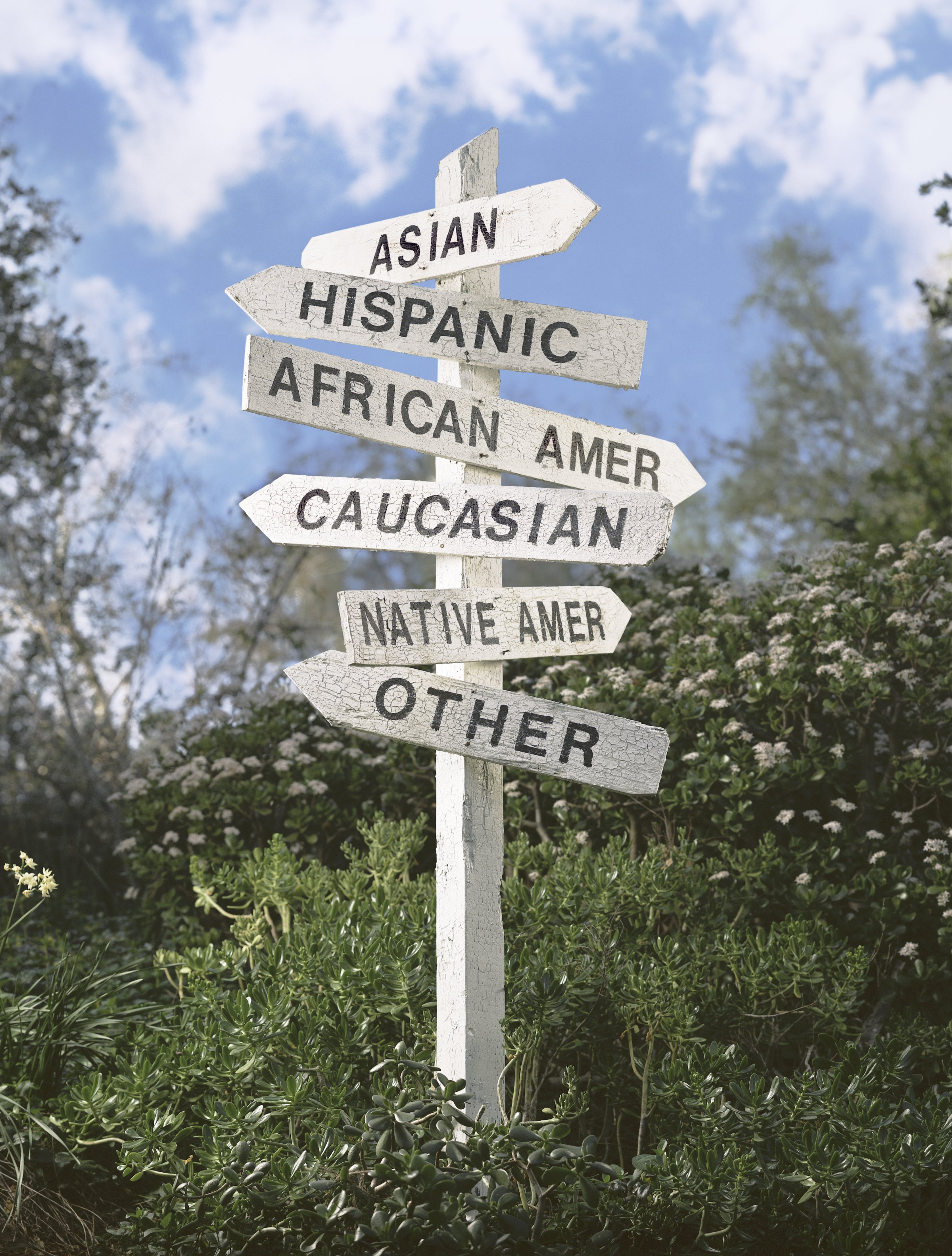
Want proof that your brain isn’t as smart as it assumes it is? Take this pop quiz: Say you’re standing at 42nd St. in Manhattan waiting for an uptown bus and plan to get off at 52nd St. Say a person on the opposite side of the avenue is waiting for a downtown bus and plans to get off at 32nd St. Whose trip will cover a greater distance?
Neither, obviously, since they’re both 10 blocks. Now try telling your lyin’ brain that. The fact is, your trip will somehow feel like it should be shorter and the person across the street will feel the same way about the trip going in the other direction. When it comes to distance, it turns out, your brain always thinks the route you’re traveling at the moment is the shortest. An upcoming paper in Psychological Science explores that oddly geocentric—and egocentric—phenomenon and explains how it may have implications not just for our sense of place, but for human relations as well.
The study, conducted by a team of investigators from the University of Toronto and the University of Wisconsin-Madison, took place first in the Toronto subway system. Investigators on both the eastbound and westbound platforms of the Bay St. stop asked riders if they believed the St. George station (one stop to the west) or the Bloor-Yonge station (one stop to the east) was closer. They repeated the question for a pair of named stations two stops to the east and west. By a significant margin, the westbound passengers believed the westerly stations were closer and the eastbound passengers said the same for the easterly ones.
Next, the investigators moved up to street level, standing on a corner that was equidistant between two drug stores. They stopped pedestrians walking in both directions and asked them how long they believed it had been since someone in one of the two stores had found an item on sale. On average, the subjects who were asked about the store they were approaching said that a bargain had been snagged 7.65 minutes ago. Those asked about the store in the opposite direction said it had been almost twice as long, 14.83 minutes. The bias went the other way when people were asked about a negative event—specifically, how recently a customer at one of two equidistant Starbucks had gotten the wrong order. In general, the pedestrians believed the baristas were better at the Starbucks they were approaching and worse at the one they were leaving behind.
This me-centered, place-centered thinking may also help explain why the first hour of a two-hour journey often seems to take longer than the second hour, the investigators suggested. The same perceptual distortion that seems to bring good things closer also somehow collapses time, as if the desired destination is moving toward you while you are moving toward it, hastening your arrival.
None of this says anything terribly bad or terribly good about the quirky nature of human perception. But a final part of the study got at something a little more troubling. Subjects at a Toronto shopping mall were asked to imagine a traveler at Los Angeles airport who was either leaving for a trip to Chicago or returning from a trip there. They were then asked how similar they felt to that imaginary person on a scale of 1 (not at all similar) to 7 (very similar). On average, the subjects professed to feel closer when the person was moving toward Chicago (an average of 2.41 on the 1 to 7 scale) than away from it (just 1.61). Chicago, of course, is much closer to Toronto than it is to L.A.. The mere direction of travel, approaching the subjects rather than moving away, appeared to make them feel a greater kinship to the traveler.
In a primally—sometimes dangerously—tribal species like ours, that’s revealing. We’ve long been accustomed to assigning all manner of pernicious meanings to such arbitrary differences as skin color or language or religion, and the worst among us have always tried to make those ideas stick: some races are inferior to others; some religions are barbaric or wicked. But if we’re all working with a brain so nonsensical that it makes human value judgments based on whether a stranger boarded a crosstown or an uptown bus, the whole premise of tribes starts to fall apart. It’s only in real estate that location, location, location is important. In human relations, it’s just a trick of the mind.
More Must-Reads From TIME
- The 100 Most Influential People of 2024
- Coco Gauff Is Playing for Herself Now
- Scenes From Pro-Palestinian Encampments Across U.S. Universities
- 6 Compliments That Land Every Time
- If You're Dating Right Now , You're Brave: Column
- The AI That Could Heal a Divided Internet
- Fallout Is a Brilliant Model for the Future of Video Game Adaptations
- Want Weekly Recs on What to Watch, Read, and More? Sign Up for Worth Your Time
Write to Jeffrey Kluger at jeffrey.kluger@time.com